Plastic-Bottle -rPET – Bio-based 16-09-2022 - Arhive
Plastic-Bottle -rPET – Bio-based
Crude Oil Prices Trend

Auction suspended to evaluate the bankruptcy arrangement proposal presented by the Piedmontese group to the trustees.
The procedure for the auction sale of Bio-on, a PHA-based bioplastic producer that failed in 2019, was suspended following the proposal for an arrangement with creditors presented to the curators by the Turin-based MAIP group, which – according to Corriere della Sera – would have put on the plate about 17 million euros, more than the 13.4 million of the last auction base.
At stake are the assets of the companies Bio-on and Bio-on Plants, including the production plant for PHA bioplastics located in Castel San Pietro Terme (BO), laboratories and warehouses, patent portfolio, shareholdings and movable assets.
The Bologna-based company went bankrupt at the end of 2019 following an investigation into the work of top management that started with the publication of a report by the US fund Quintessential Capital Management – QCM. Plastic-Bottle -rPET – Bio-based
The bankruptcy arrangement proposal, accompanied by two sureties, will be examined by the trustees Luca Mandrioli and Antonio Gaiani and then voted by the unsecured creditors and, if both steps pass, approved by the Court of Bologna.
The Maip Group is made up of three companies: Maip, Plastotecnica and Maip compounding, two dedicated to the distribution of plastics and one to the production of compounds.
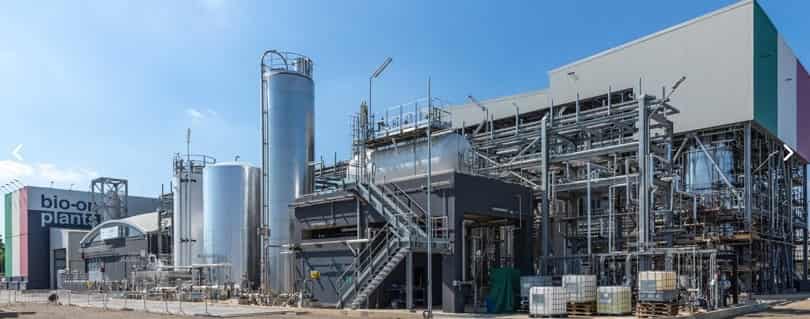
-Driving global harmonisation for recyclability
RecyClass and the US based Association of Plastics Recyclers, the international association representing the plastics recycling industry, reinforce their collaboration to drive worldwide harmonisation of plastic packaging recyclability. The basis of this collaboration is a shared vision of science-based design for recycling guidelines and protocols for recyclability assessments.
This partnership is indispensable to drive unified, fact-based approach to recyclability and to bring clarity for the whole value chain, specifically brand owners and retailers who operate on the multinational markets. Plastic-Bottle -rPET – Bio-based
“RecyClass mission, beyond supporting the industry in redesigning plastic packaging and boosting recycled material in new products, is to harmonize the approach toward recyclability assessment”, said Fabrizio di Gregorio, Technical Director at Plastics Recyclers Europe. “Given the similarities when it comes to the products placed on the markets globally, such harmonization can help make the packaging production systems more efficient and at the same time accelerate significantly the transition toward circularity”, he added.
This collaboration includes establishment of a common workplan to align and review the existing documents with an objective to identify potential gaps, consolidate existing methodologies and map additional testing methods. The first deliverables focused on aligning the guidelines and protocols for flexible plastics are expected at the beginning of 2023.
“The purpose of design guides is to ensure packages can be processed through the recycling infrastructure with the highest yield and best quality impact. Since the European and North American recycling infrastructures operate on many of the same principles, it is possible to harmonise much of the guidance. I’m excited that RecyClass and APR are making efforts to communicate and coordinate. These efforts benefit the entire packaging industry and circular economy,” said Curt Cozart, Chief Operating Officer at APR
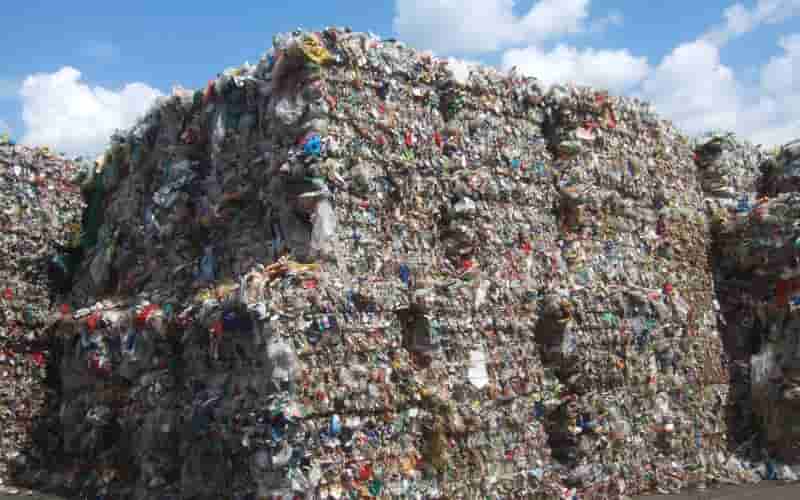
-Renewed calls for priority access to rPET from the European beverage industry
In a statement released today, UNESDA Soft Drinks Europe says that high rPET costs could prevent small to medium-sized enterprises (SMEs) from meeting legislative requirements on recycled content and calls on the European Commission to introduce a priority access mechanism or right of first refusal for the beverage industry in the upcoming revision of the Packaging and Packaging Waste Directive (PPWD).
According to UNESDA, many SMEs cannot afford the cost of recycled materials, with rPET reportedly at a 30%-plus premium over virgin PET in Europe. With the Single-Use Packaging Directive (SUPD) requiring PET beverage bottles to contain 30% recycled content by 2030, UNESDA says that the current situation puts SMEs at particular risk of not being able to meet legislative targets.
UNESDA adds that the current system, whereby rPET prices are apparently defined by what the highest bidder is ready to pay, forces companies from the food, textile, and automotive sectors, among others, to compete against each other. The organisation claims that, while this situation may be considered beneficial by recyclers, it is unfair that businesses with recycled content targets cannot access the necessary material to comply with legal obligations.
Portuguese SME Água de Monchique suggests that the pricing situation may become more severe without intervention: “When more producers will start incorporating rPET to meet the 2025 and 2030 targets, the access to rPET will be even more limited and the situation may get worse.” Plastic-Bottle -rPET – Bio-based
In addition, UNESDA says that current rPET pricing favours downcycling over closed-loop recycling. As UNESDA has highlighted in a previous statement released with the European Fruit Juice Association (AIJN) and Natural Mineral Waters Europe (NMWE), clothes and toys made from recycled PET bottles are rarely recycled back into the same product after use, and often end up in landfill or incinerators, which constitutes downcycling.
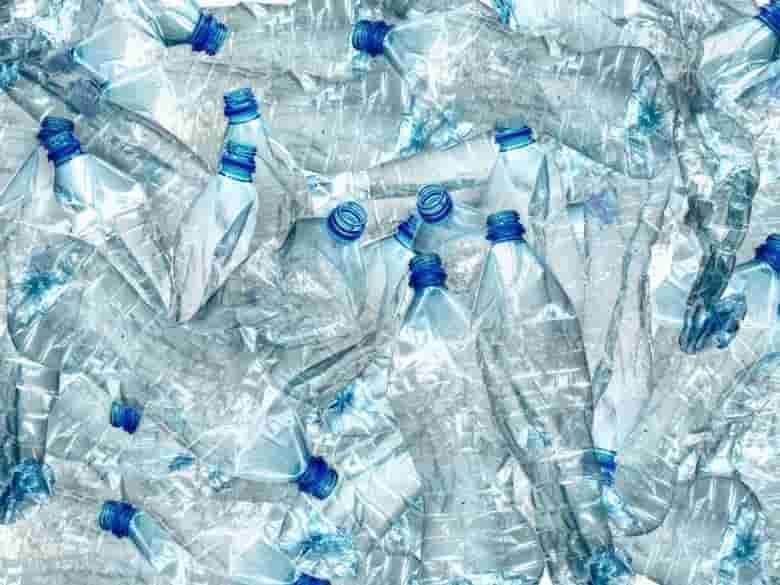
-Borealis, Trexel Develop Reusable, Fully Recyclable Lightweight Plastic Bottle
Materials supplier Borealis and Trexel, a leader in foaming technology used in injection and blow molding, have developed a new plastic bottle made from the Bornewables portfolio of polyolefins, which are made using renewable feedstock derived entirely from waste and residue streams. Bornewables polyolefins have a much lower overall CO2 footprint than alternative materials because they are made from renewably sourced feedstock and produced using Trexel’s MuCell foaming process, the companies said.
The Bornewables portfolio of circular polyolefins helps reduce a product’s carbon footprint while offering material performance equal to virgin polymers, according to Peter Voortmans, Borealis Global Commercial Director, Consumer Products. “Using Bornewables grades allows for design freedom and color flexibility, and helps retain a premium look and feel,” he said. Plastic-Bottle -rPET – Bio-based
The product was developed and validated using specific Borealis materials. “We do have special grades to enhance the foamability even further than standard grades,” Jos van Haastrecht, Global Communications Polyolefins, Circular Economy Solutions, told PlasticsToday.
The grades, which are commercially available in Europe, help conserve natural resources because they are derived only from waste and residue streams, such as used cooking oil.
The reusable bottle will retain its value over many life cycles due to the use of Trexel’s foaming technology and the Bornewables grades as a material solution. In addition, blow molders will consume less energy in the production process when using MuCell’s foaming technology.
The process does not require a specific blow molding machine. “We do not have limitations on the blow molding machine manufacturers with whom we can implement the technology,” van Haastrecht told PlasticsToday. The technology has been performed on both shuttle and wheel machines.
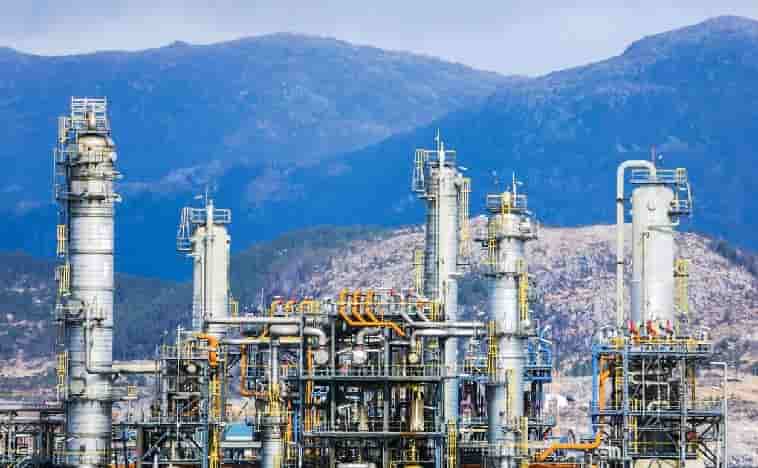
-SMEs in the beverage industry calls for fairer access to recycled PET
In the EU, recycled PET is becoming harder to come by and, consequently, more expensive. The reason is everybody wants qualitative recycled PET from beverage bottles and the demand significantly exceeds the offer.
So far, not all businesses have to meet the same requirements when it comes to recycled materials, specifically, not all enterprises have to meet mandatory recycled content and collection targets, have to comply with strict food-grade safety requirements for their packaging, make considerable investments in the recyclability, collection and recycling of their packaging and can recycle their packaging several times in a closed-loop.
This is the case for beverage producers.
Despite those legislative requirements and their investment in bottle-to-bottle circularity, many companies in the soft drinks sector have limited or no access to the recycled PET (rPET) issued from their own packaging. Plastic-Bottle -rPET – Bio-based
We have some reasonable concerns regarding the risk faced by some producers not to be able to meet the obligations arising from the EU Single-Use Plastics Directive, especially when it comes to access the sufficient amount and quality of recycled material needed to produce new drink containers made with recycled PET.
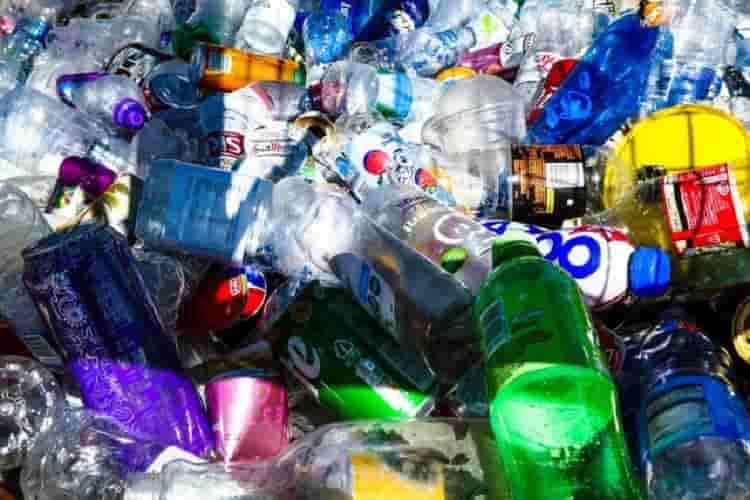
SÜDPACK will unveil its attractive “ground meat in a pouch” packaging concept at this year’s EMPACK in Ghent. These convenient flow packs will be produced by Zwager Techniek at stand number 2608 on a REEPACK horizontal flow wrap line. The highlight: Flow Pack PurePP is particularly material-efficient and, being a monostructure solution, also recyclable. At the same time, it provides an appealing look and feel at the point of sale as well as a high degree of convenience for the consumer.
Flow Pack PurePP with outstanding material properties
The Flow Pack PurePP films used to produce these practical pouches are true high-performance products. They are recyclable, polypropylene-based mono-materials that are equivalent to conventional composites in terms of strength. To ensure both an extended shelf life and an attractive presentation of sensitive foodstuffs at the POS, these transparent films are also available in a high-barrier version and additionally with an antifog effect. Consumers can therefore see at a glance whether the ground meat inside still looks fresh and appetizing. Plastic-Bottle -rPET – Bio-based
Compared to conventional tray packaging, material savings of up to 60% can be achieved with Flow Pack PurePP – an important aspect in terms of both internal and external logistics costs along the entire value chain. Above all, however, this is a major advantage in terms of environmental accounting and responsible use of the available resources.
Another key factor is that this mono-material can be processed on horizontal and vertical flow pack lines with excellent results. Even at high cycle rates, efficient packaging is ensured thanks to secure sealing as well as a large processing window.
For an added bonus in terms of sustainability, the films can be printed using SÜDPACK’s innovative SPQ (Sustainable Print Quality) printing technology. In this process, all designs are automatically and reliably represented using a standardized color palette during the pre-press stage – much like with offset or digital printing. This allows the number of color changes in the printing machine – as well as the associated ink, solvent, and film consumption – to be significantly reduced while simultaneously optimizing print quality.
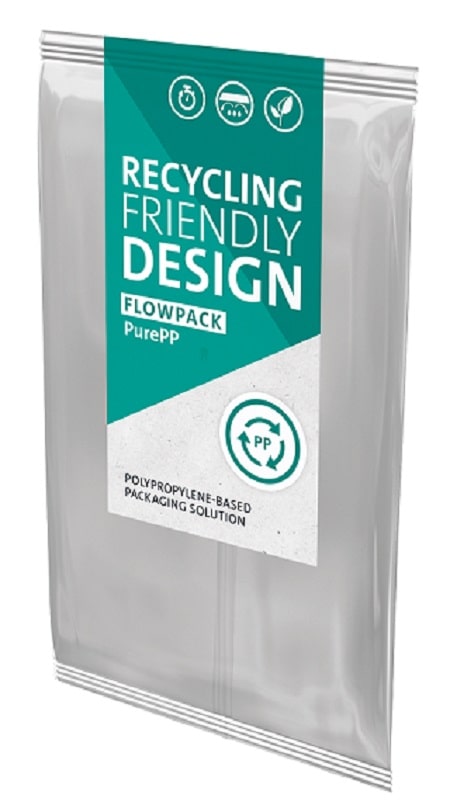
The Fraunhofer Institute for Process Engineering and Packaging IVV has announced a new research project, BiPaRe, which aims to identify the connections between the barrier effect of a coating versus its recyclability, in order to increase the market potential for bio-based paper coatings in sustainable packaging.
The institute says a database will be created for product developers to use to assess the functionality, process capability and recyclability of new coatings in advance while considering the wider context. The coatings can then be organized effectively.
Apparently, new laboratory test methods will be used to test the coatings’ recyclability. The interference potential of re-dispersible and finely dispersed coating particles, which accumulate in the process water at paper mills, is being investigated using newly developed testing methods. Bio-based paper coatings with a barrier function will also be systematically investigated. Plastic-Bottle -rPET – Bio-based
According to Fraunhofer, the results will be used to further develop recyclability to assist the coatings meeting the requirements of the recovered paper industry. Based on this, new packaging concepts will be developed and a generally applicable decision tree for the product development of bio-based barrier coatings will be defined.
Fraunhofer states that the BiPaRe project aims to obtain several results. The first is a generally applicable laboratory test method for the interference potential of redispersible coating components in paper production, to supplement current recyclability test methods.
Secondly, a data matrix showing the influence of material parameters of bio-based coating materials on recyclability. Additionally, sample packaging concepts for food group/product categories which combine both functionality and recyclability.
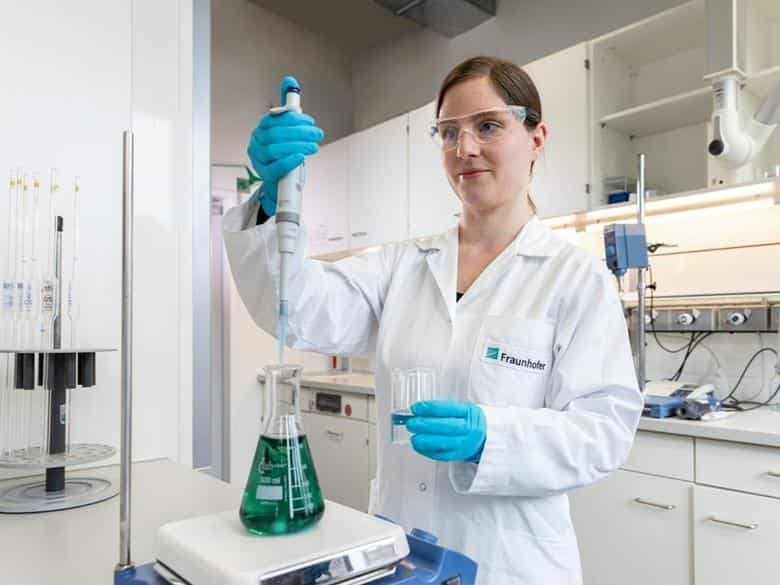
-Encina Announces Delivering First-Ever High Purity Aromatics Made Entirely from End-of-Life Plastics
Encina Development Group, LLC (“Encina”) today announced the first-ever production of high purity aromatics made entirely from end-of-life mixed plastics. Encina has delivered its high purity monomer chemicals to customers and confirms that ongoing production will continue.
David Roesser, PhD, CEO of Encina stated, “Encina’s delivery of on-specification, circular chemicals is a major milestone for the company, as it validates our goal to deliver high purity ISCC+ chemical solutions for our customers on a global basis; the feedback from everyone has been overwhelmingly positive.”
Encina operates a circular chemicals facility in San Antonio, Texas and recently completed an expansion phase with engineering and construction work undertaken by Chemex Global, LLC of The Woodlands, Texas. The facility is designed to accept mixed end-of-life plastics, which are then catalytically converted into circular chemicals for Encina’s customers. Plastic-Bottle -rPET – Bio-based
“According to the EPA, less than 10% of plastics are currently recycled,” said Carlo Badiola, Senior Vice President of Engineering & Technology. “Encina’s large-scale solution being deployed next year will enable the diversion of 450,000 tons of mixed plastic streams from landfills or incineration to manufacture ISCC+ circular chemicals to help our customers meet their ongoing sustainability goals.”
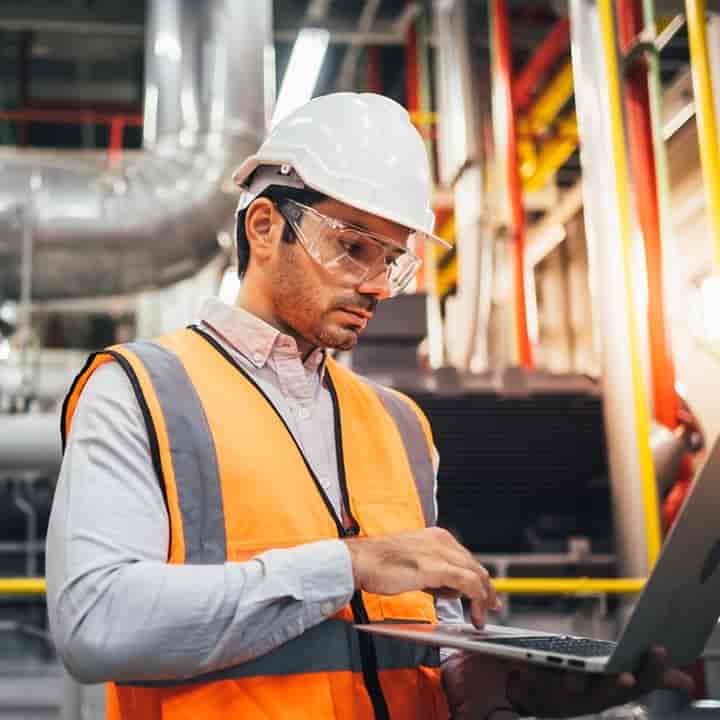
Plastic-Bottle -rPET – Bio-based
